Your heart pumps blood and hence energy to all parts of the body, non-stop, throughout your life. Here are 10 easy ways of taking care of your heart as you grow older
Contents
Heart care should begin in childhood and persist throughout one’s life. Many people, however, ignore the health of the heart until they are in their golden years. Your heart is vital to the proper functioning of your body. It circulates blood across your body’s circulatory system, nourishing organs and tissues.
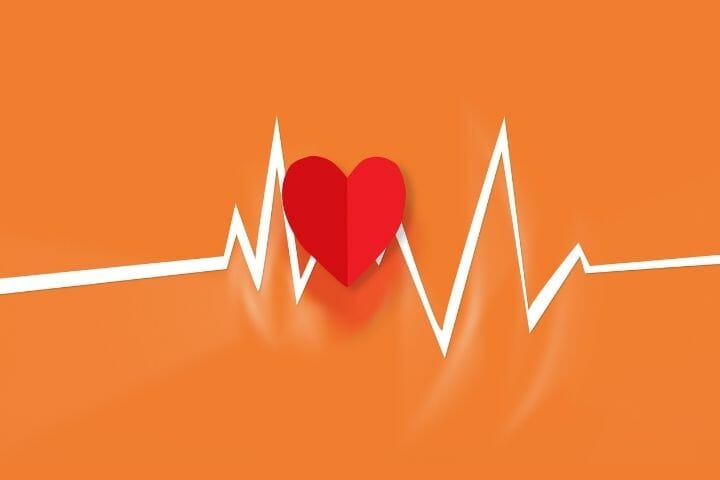
Aging can change the makeup of blood vessels and arteries, limiting blood flow to the body. As we age, our arteries might stiffen and harden, or develop plaque, making it difficult for blood to flow smoothly to and from the heart. A lack of blood to the heart muscle may lead to heart disease over time, which can be fatal.
Approximately one-third of all fatalities worldwide are caused by cardiovascular disease.
Cardiovascular ailments are also the primary cause of death in the US, killing approx one out of every four people each year. A mixture of risk factors, such as smoking use, poor diet and obesity, physical inactivity and alcohol use, hypertension, diabetes, and high cholesterol levels, is generally the cause of heart attacks and strokes.
1. Consume a Heart-Healthy Diet
Heart-healthy foods include fruits and vegetables, legumes, nuts, whole grain products, and seeds. Restrict your intake of salty meats and salty foods such as dried fish like sardines and tuna.
Replace salty ingredients such as soy sauce and ketchup with citrus juice and vinegar to enhance the flavor of your dish. Do not eat fast food, canned food, or anything that has been processed.
Drink water instead of beverages that contain sugar like sodas and sweetened juices if you’re thirsty.

2. Reduce the Amount of Salt in Your Diet
If you consume a diet heavy in salt, your blood pressure is likely to rise, increasing your risk of cardiovascular disease and stroke. A maximum of 0.2oz of salt a day is recommended for adults, while a maximum of 0.1oz is recommended for children.
Reduce your salt intake by avoiding using any at the table and minimizing the amount of salt you use in your cooking.
When it comes to processed foods, keep an eye out for the amount of salt they include (foods with more than 0.05oz salt per 3.5oz are high, so steer clear from them wherever achievable).
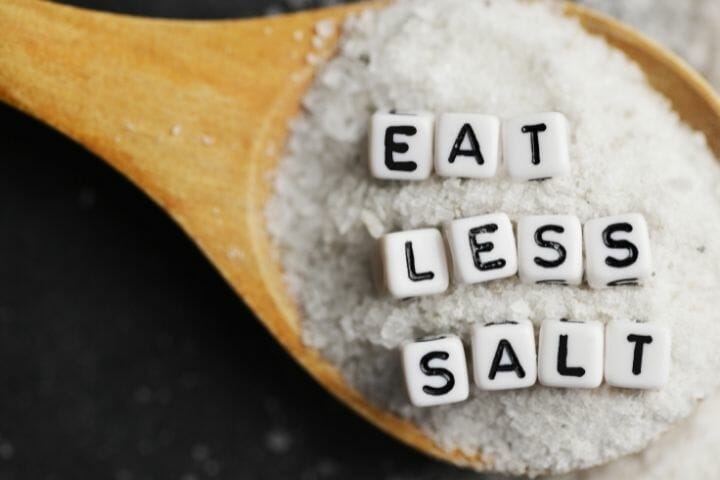
3. Increase Your Weekly Physical Exercise to at Least 2.5 Hours
Improved blood pressure, better cholesterol and lipid levels, and better weight control can all be achieved by regular exercise. Small quantities of physical activity (even if it’s just part of your routine) might be a good starting point for those currently inactive.
An average of 150 minutes of moderate-intensity exercise is suggested for adults per week (e.g., brisk jogging, climbing the stairs, dancing, gardening, or completing domestic duties that might raise the heart rate).

4. Avoid Using Tobacco
Tobacco usage and exposure to second-hand smoking are detrimental to your heart health. The best present you can give to your heart is quitting smoking, which offers immediate and long-term health advantages, including an increased lifespan of up to ten years.
After a year of abstinence from smoking, the risk of heart disease is lowered by half. After 15 years of abstaining from smoking, there is no danger of heart disease.

5. Reduce Your Alcohol Intake
Toxic effects of drinking alcohol include hypertension, arrhythmias, and damage to the heart’s muscular fibers. While you may have to give up, you don’t necessarily have to. It’s best to keep to the current standards for moderate consumption, which are two to three units of alcohol per day for females and three to four units for males.

6. Weight Loss Is Necessary if One Is Obese
A BMI of 25 or above is considered overweight or obese. If your waist circumference is greater than 32″ for women and over 35″ for males, you are deemed to have central obesity.
A person’s risk of cardiovascular disease rises in direct proportion to the size of their waist. Try to eat less than 500 calories a day, which will result in an average weight reduction of half to almost one kilogram each week.
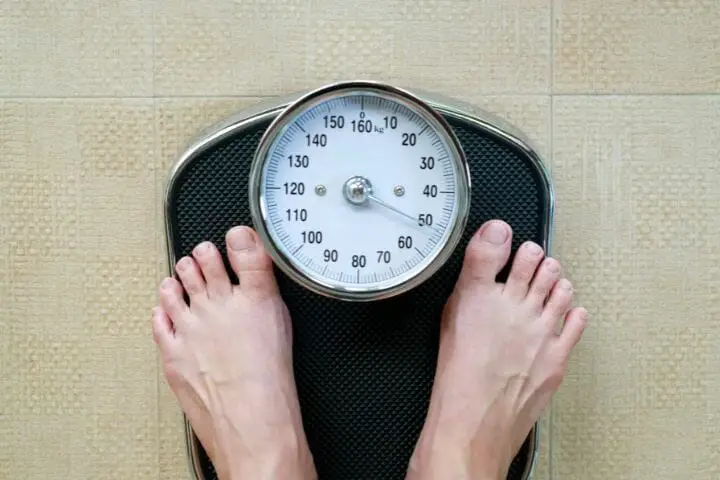
7. Attempt To Eat More Fish
Omega-3 fatty acids, found in oily fish like pilchards, sardines, mackerel, salmon, and fresh tuna, are suitable for the heart because they lower your cholesterol levels.

8. Reduce Your Sugar Intake.
Overeating sugar may lead to obesity, and obesity can lead to diabetes, high blood pressure, and heart disease. To satisfy your sweet appetite without giving up sugar completely, go for fresh fruit and yogurt instead of sugar-laden desserts and pastries.
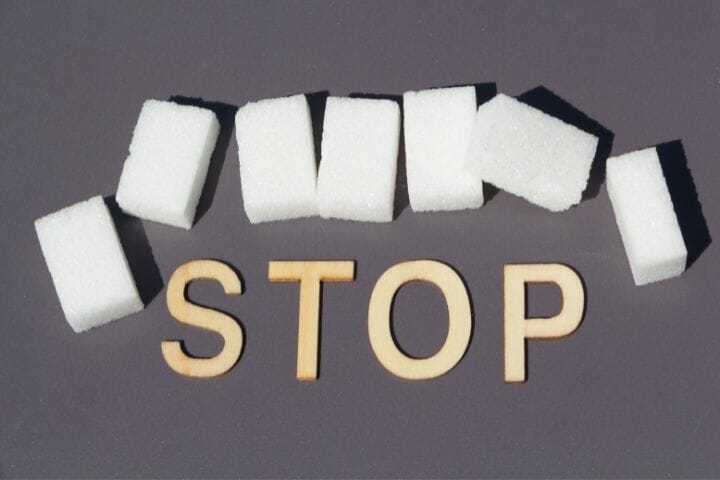
9. Laughter
You don’t have to be sarcastic in your emails or Facebook status updates. Try to make yourself laugh out loud every day. Laughter may benefit your health, regardless of whether you get it from comedies on television or from telling jokes to your friends.
According to the AHA, Laughter has been shown to reduce stress hormones, reduce artery inflammation, and boost levels of high-density lipoprotein (HDL), popularly known as “good cholesterol.”

10. Check In With Your Doctor Regularly
Regular blood sugar and blood pressure checks by a healthcare professional are critical to ensuring a healthy heart. High blood pressure is a source of severe damage to your heart even if you don’t show any symptoms.
Talk to your doctor if you have behavioral risk factors, such as an unhealthy diet, lack of exercise, or smoking or drinking. They can assist you in making the necessary changes to your way of life in order to better your health.
You should work with your doctor to create goals and take your medication regularly if you have been diagnosed with high blood pressure or diabetes. Involve your family and friends in the process of improving your heart health.

Ideal Blood Pressure For a Healthy Heart
Blood pressure is the amount of force your blood applies on the walls of your arteries, which transport oxygen-rich blood from your heart. When your arteries stiffen or constrict, pressure builds up — like squeezing a stretch of garden hose — and your heart has to work harder.
To put it another way, your heart has to beat roughly 2.5bn times in an average lifespan, which means that you don’t want to put too much strain on it. That is why maintaining normal blood pressure is critical.
Between 90/60 mmHg to 120/80 mmHg is the ideal blood pressure, which is good for the heart. In terms of excellent heart health, high blood pressure is defined as 140/90mmHg or more, while low blood pressure is defined as 90/60mmHg or below.
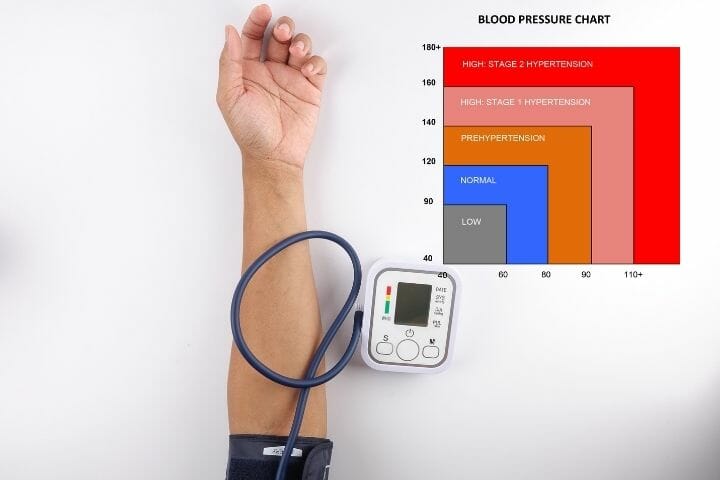
Wrap Up
Your heart is the focal point of your health. It operates 24 hours a day, seven days a week, to fuel your cardiovascular system and nourish cells throughout your body. As a result, your heart demands adequate care so that it can do its job and allow you to enjoy life to the utmost.
Make healthy lifestyle choices at any time, and your heart will thank you for them later in life. We really hope this guide has provided you with all the knowledge you need to maintain a healthy cardiovascular system.
Please feel free to provide any information that we may have overlooked or that you would want to have added to this guide. Please share it with others and mention us on your social networking platforms if you like the material.
